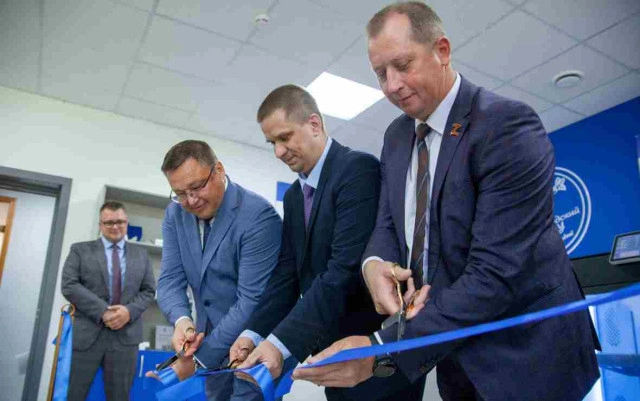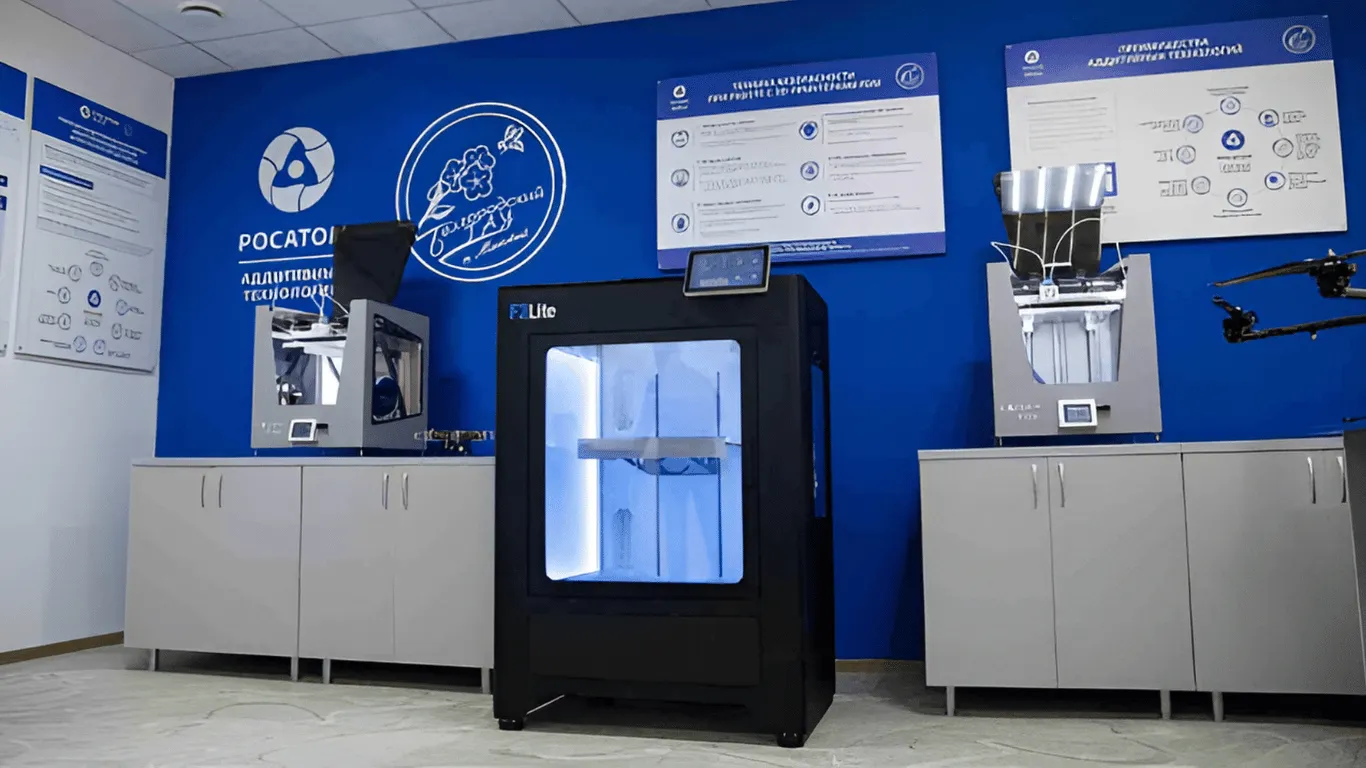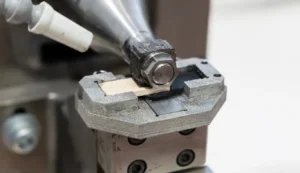In a significant move to advance Russia’s technological capabilities, Rosatom has unveiled an Additive Technologies General Access Centre (TsATOD) at the VYa Gorina Belgorod State Agrarian University (BelGAU). This initiative, a joint effort between BelGAU and Rosatom’s fuel company TVEL, aims to accelerate import substitution and promote Russian 3D equipment, ensuring the country’s technological independence.
The newly established centre is equipped with cutting-edge domestic technology for industrial 3D printing, including two FORA 3D printers utilizing the Fused Deposition Modelling (FDM) method. Plans are in place to expand the facility with a metal 3D printing section featuring a RusMelt 310M printer, which will employ the Selective Laser Melting technique.
TsATOD’s primary objectives include conducting research, fulfilling 3D printing orders, testing additive technology products for industrial applications, and training students in the emerging field of additive manufacturing engineering. The centre is already prepared to accept orders for 3D printing and reverse engineering from various enterprises, including those in the agricultural sector.

Ilya Kavelashvili, CEO of Rusatom Additive Technologies, emphasized the critical importance of widespread industrial 3D printing adoption for Russia’s technological advancement. He stated, “Rosatom, as the flagship of innovation in Russia, is solving this problem by developing a unified national network of public additive technology centres based on leading universities.”
BelGAU Rector Stanislav Aleynik expressed the university’s commitment to developing additive technologies in the Belgorod region and its readiness to train additive manufacturing engineers for the agricultural sector. The centre will also offer an applied educational programme to enhance the skills of professionals nationwide in the field of additive technologies.
This initiative is part of Rosatom’s broader strategy to establish a network of public additive technology centres across Russia. Similar centres have already been opened at Udmurt State University, Tomsk Polytechnic University, and an additive class at the “City of Childhood” preschool education centre in Krasnogorsk. Additionally, an agreement has been signed to open a data centre at the Ural Federal University by the end of 2024.
As 3D printing products find applications in various fields from nuclear and space technologies to medicine, Rosatom‘s integrated approach aims to consolidate scientific, technical, and production resources within the industry. This development marks a significant step towards Russia’s goal of achieving technological sovereignty and accelerating industrial growth through additive manufacturing.
Read more recent news:
- BMW’s 3D Printed Seat Wins Award in Automotive Sustainability
- NASA Forges ahead with Ceramic 3D printing for Space Mission
- Robotic Automation Revolutionizes Laser Marking Industry
- 3D Printed Homes Steal the Spotlight at America Makes Event
- Engineers explore cellulose nanofibrils to improve 3D-printed concrete
Alexa Sipes is a U.S. tech journalist with 5 years of experience, now writing for 360TechInsights. She covers emerging technologies and industry trends across North America, Europe, and Asia. Sipes’ concise reporting offers readers valuable insights into the latest tech news, innovations and the companies behind them.
Feel free to reach out to me at AlexaSipes@360techinsights.com.




